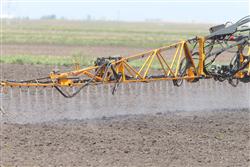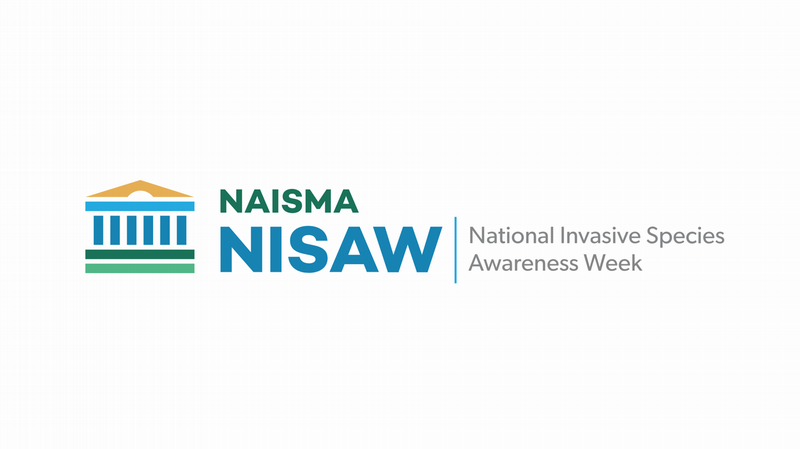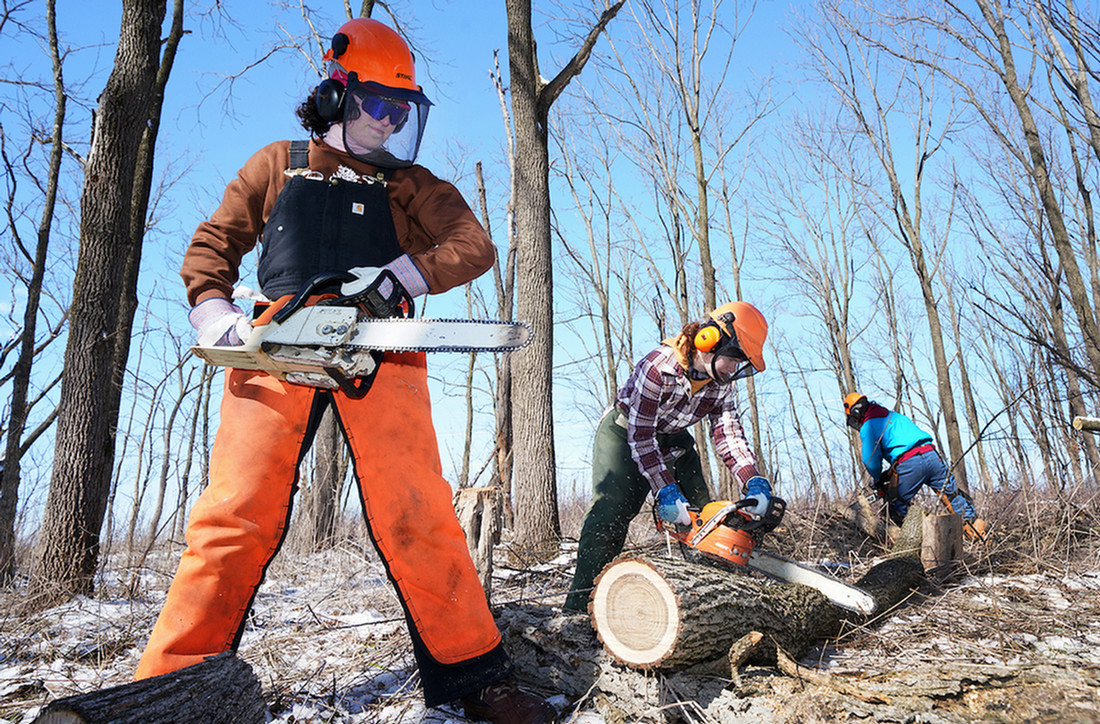Private Applicators: Pesticides, Fertilizers
 Private applicators are individuals who spray restricted use pesticides or apply manure from a confined feeding operation (CFO) to their own land. Individuals in related capacities may also need a private applicator license (see websites below for details). Individuals may possess a private pesticide applicator license, a private Category 14 (fertilizer applicator) license, or a license with both endorsements.
Private applicators are individuals who spray restricted use pesticides or apply manure from a confined feeding operation (CFO) to their own land. Individuals in related capacities may also need a private applicator license (see websites below for details). Individuals may possess a private pesticide applicator license, a private Category 14 (fertilizer applicator) license, or a license with both endorsements.
Commercial applicators spray pesticides for hire (as a business). Registered technicians spray pesticides under the direct supervision of a commercial applicator at a business.
The license is active for a period of five years. Private applicators must attend three private applicator recertification programs (PARPs) within that five year period to keep their license active and avoid the need to re-test. No more than two programs may be attended for credit in any one calendar year. One program may be taken online.
I want to:
- Get a new private applicator license (Apply only to my own crops)
- >Get a new commercial applicator license (Apply for hire)
- Core and Category Training @ Purdue - 2021 Purdue Pesticide Programs pdf brochure
- Private pesticide applicators pass "Core" exam for licensing
- Commercial registered technicians pass "Core" exam for licensing
- Commercial applicators pass Core exam plus the category exam in which their business will be operating
- Core and Category Training @ Purdue - 2021 Purdue Pesticide Programs pdf brochure
Check out links below for further information.
- Dicamba information
- Fertilizer Section
- Office of the Indiana State Chemist (OISC)
- (one program of three can be taken for credit online)
- Pesticide Database Search (NPIRS for Indiana: National Pesticide Information Retrieval System)
- Private Applicator Records (OISC - number of programs YOU have attended, status of license; note some web browsers may not work correctly)
- Private Applicator (getting a license, other information)
- Publications
- Purdue Pesticide Programs main website
- Facebook page
- Upcoming Private Applicator Recertification Programs (PARPs)






